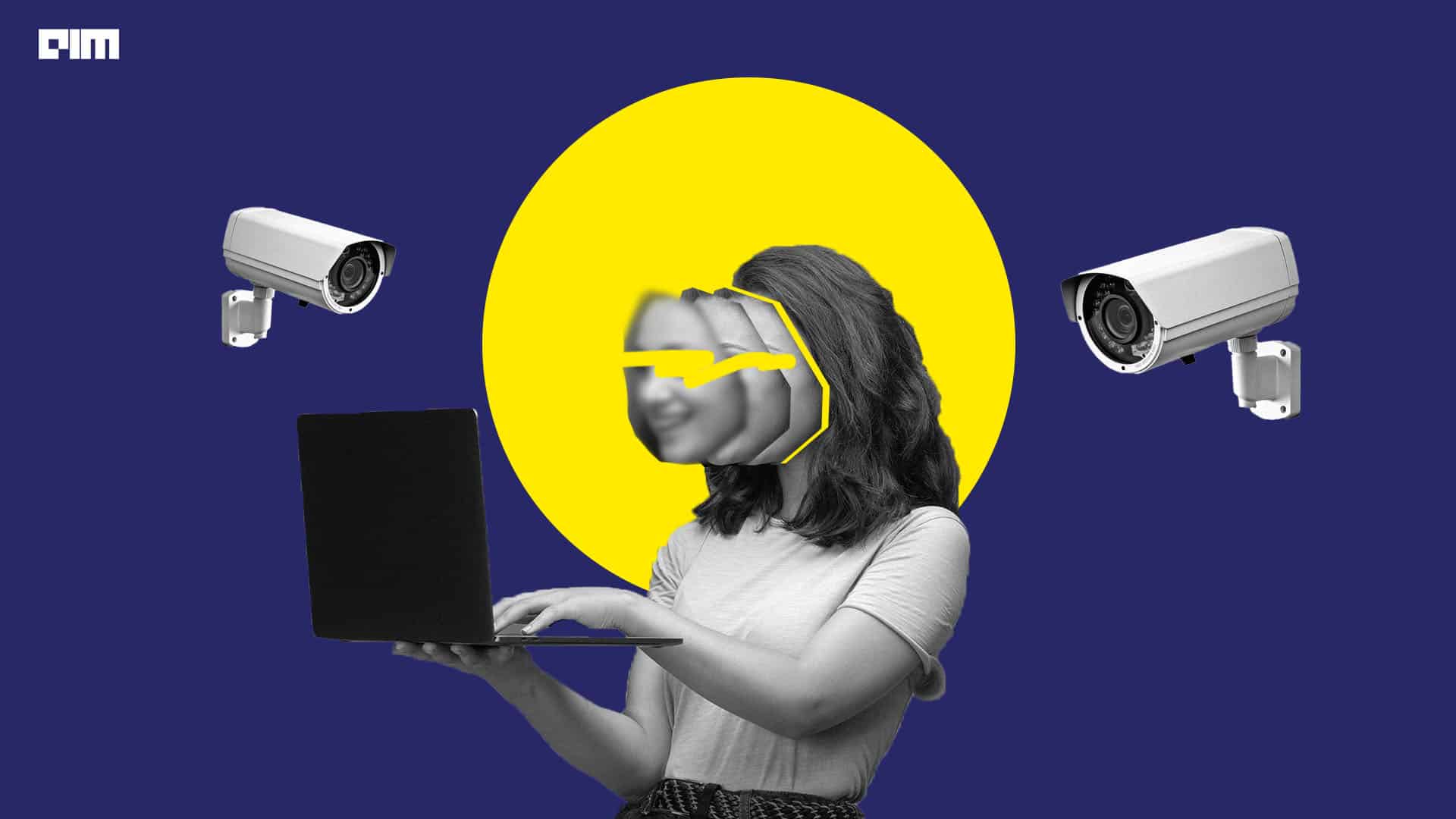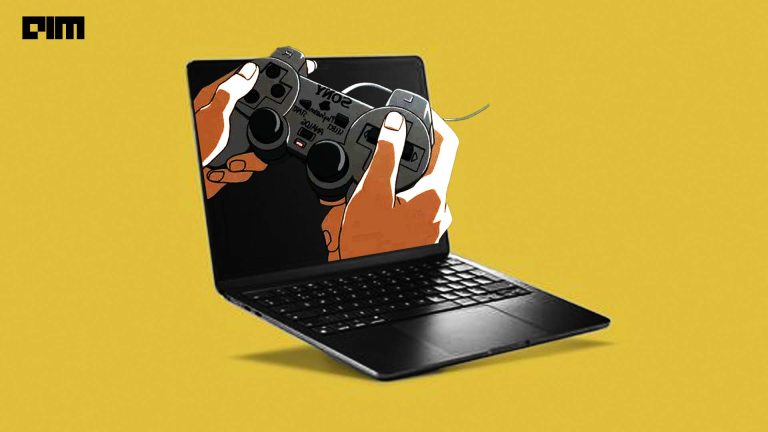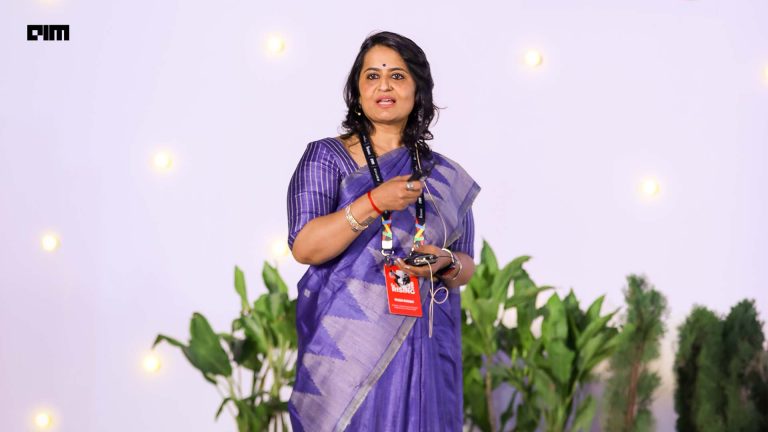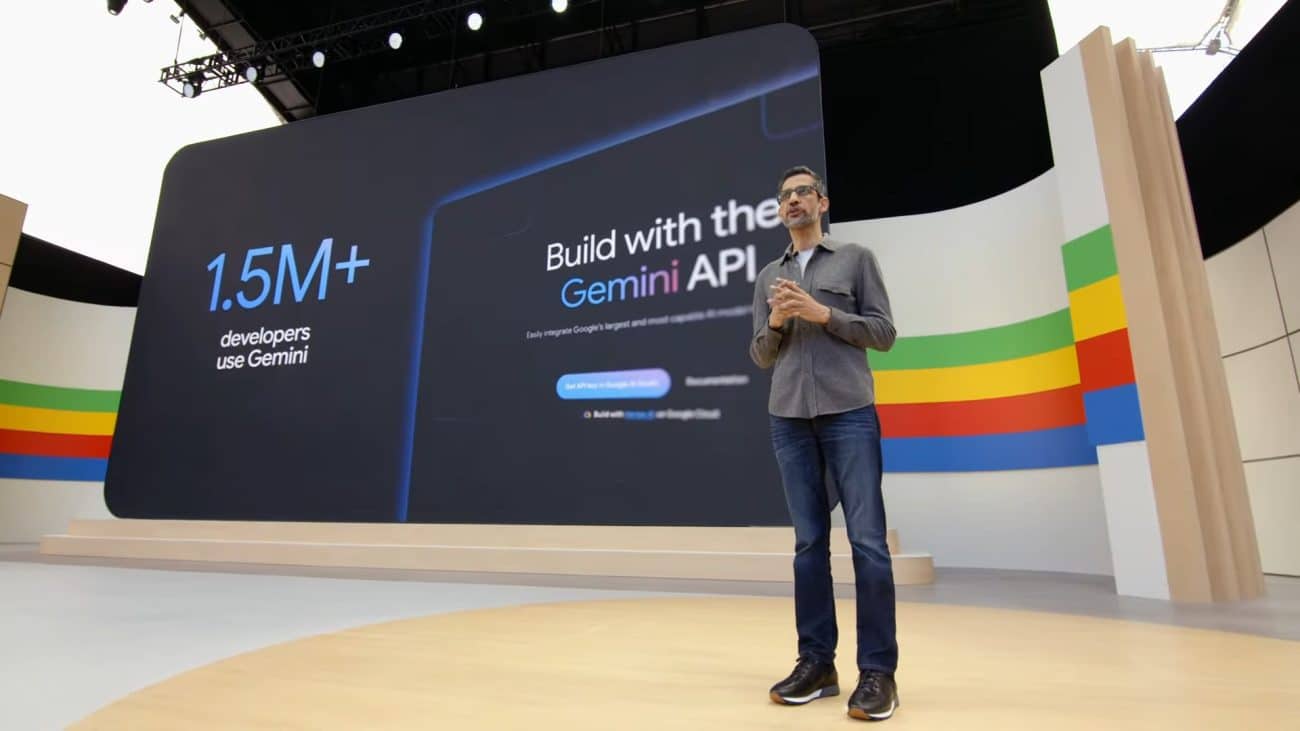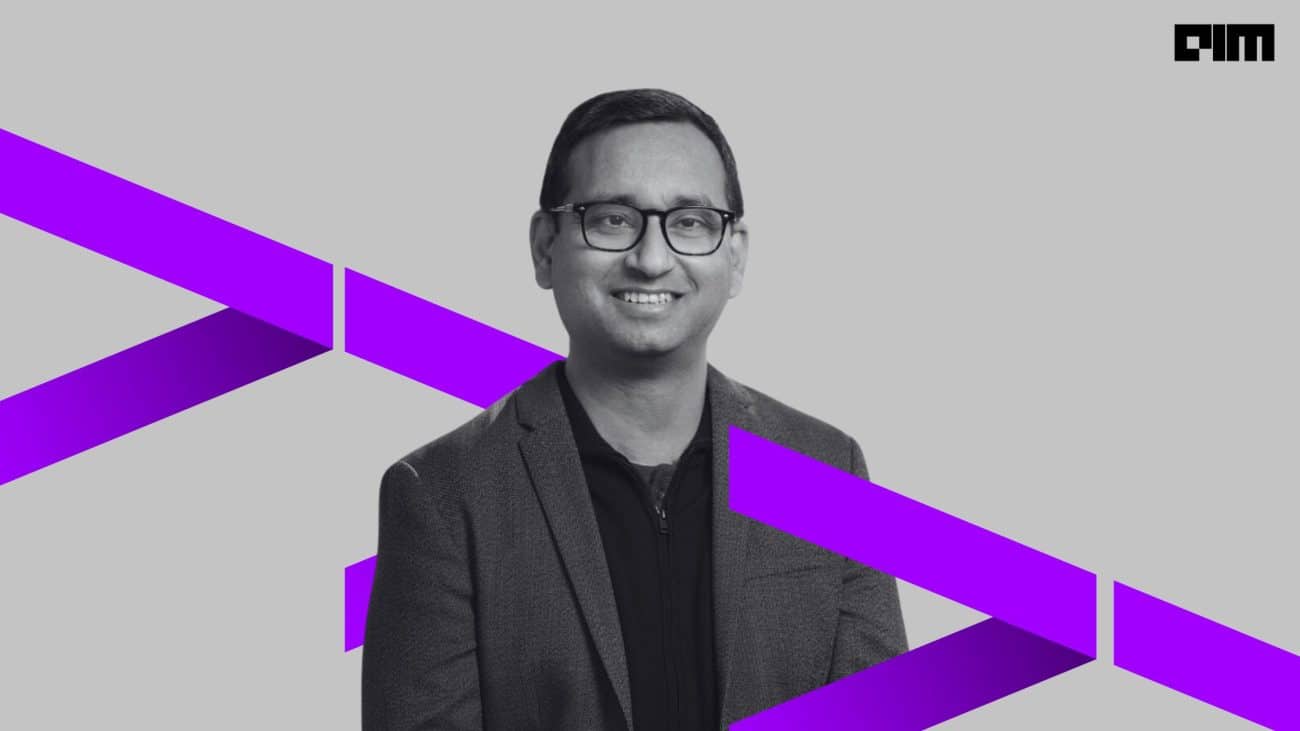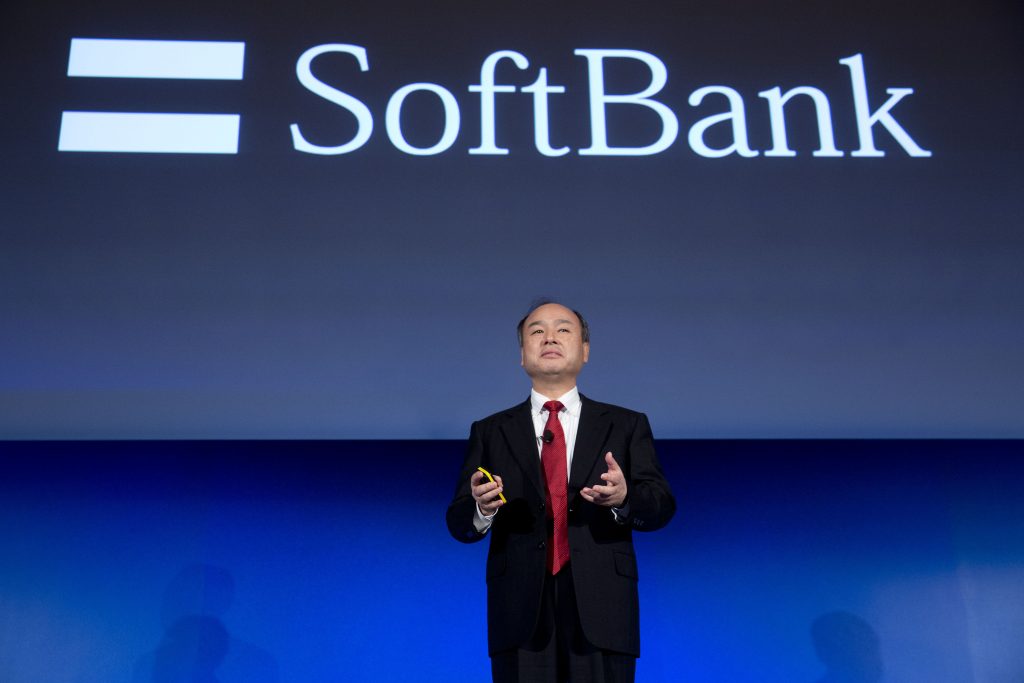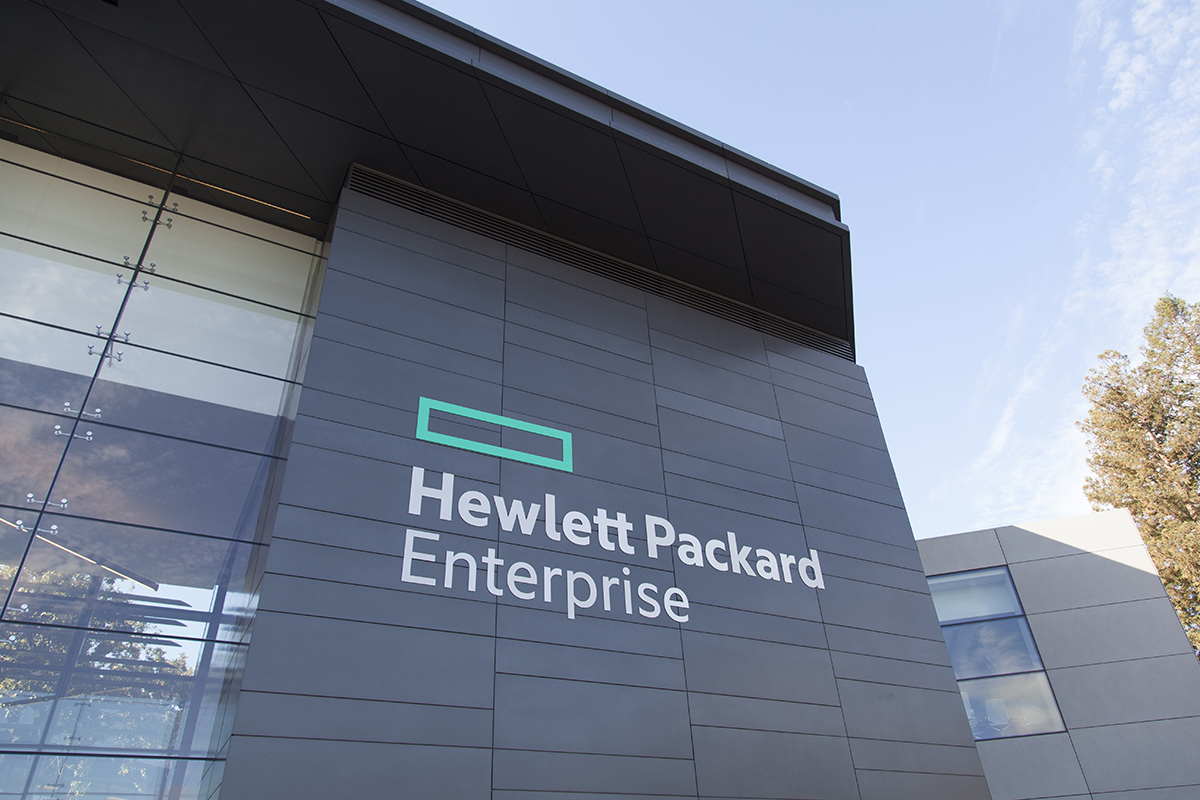|
Listen to this story
|
Recently, a video showcased how Chinese workplaces are deploying AI-powered cameras to track employees’ activities and take note of their productivity and break times.
This will soon be a reality at your workplace too, in the process, eliminating that annoying colleague who often snitches about your coffee/tea breaks.
Research conducted by Top10VPN, a virtual private network comparison site, indicated a 54% increase in the demand for employee surveillance software since 2019. This surge indicates employers’ quiet dependence on AI monitoring tools to gain insights into employee performance and business operations.
Amid the COVID-19 pandemic, as employees returned to work under advised pandemic protocols, machine learning emerged as a tool to monitor adherence to social distancing measures at the workplace.
Innovations like Landing AI, a startup offering workplace monitoring tools, were developed to issue alerts when individuals failed to maintain the recommended distance from their colleagues.
Working on similar lines, Bharat Aluminium Company Limited (BALCO), India’s aluminum producer and a subsidiary of Vedanta Aluminium, introduced an innovative solution called T-Pulse Health, Safety, Security and Environment (HSSE) Monitoring System, which leverages AI-based technology to enhance workplace safety.
Software like We360.ai, an employee monitoring system, claims to enhance employees’ productivity. It mentioned that Vakilsearch, ACL Digital, Patanjali, Cogent Infotech, and The Knowledge Academy are some of their clients utilising the AI tracker.
The Dark Side of AI Surveillance
From algorithms autonomously screening job applications without human intervention to monitoring software meticulously tracking coffee breaks, AI appears to be an unsettling presence in the workplace.
A primary concern revolves around the collection and utilisation of employee data for surveillance purposes. A CNBC article indicates that companies like Walmart, Delta Air Lines, T-Mobile, Chevron, and Starbucks have engaged a startup AI firm to monitor employee communications.
European brands like Nestle and AstraZeneca have similarly employed the services of AI firm Aware, which uses dozens of models built to read text and process messages.
Jeff Schumann, co-founder and CEO of Columbus, an Ohio-based startup, explained to CNBC that Aware’s analytics tool, crafted to track employee sentiment and toxicity, emphasises privacy by refraining from flagging individual employee names.
However, in instances of severe threats or predetermined risk behaviours, the company’s separate eDiscovery tool can reveal the employees’ names.
Earlier in 2019, a study conducted by the Pew Research Center found that 64% of Americans are concerned about the impact of AI and automation on job security and privacy.
Furthermore, the use of AI in recruitment and talent management processes has sparked debates about fairness, bias, and discrimination. AI algorithms trained on historical data may perpetuate existing biases and prejudices, leading to discriminatory outcomes in hiring and promotion decisions.
Without proper oversight and safeguards, AI-driven systems could exacerbate inequalities and undermine diversity efforts in the workplace.
Workplace Surveillance, A New Normal?
In India, industrial accidents claim thousands of lives annually. As per the government data, an average of three workers die each day due to insufficient safety measures in factories.
Recognising this urgent need for change, integrating AI surveillance emerges as a promising solution to mitigate workplace incidents and injuries. By providing immediate alerts to authorities, managers can swiftly respond in real time, potentially averting disasters.
In this era of innovation, we must embrace the potential of AI technology to enhance safety standards. Let’s envision a future where AI systems act as vigilant guardians, alerting managers when employees require a break from excessive screen time or exhibit signs of stress from prolonged work hours.
This approach promises to boost organisational efficiency while simultaneously prioritising employee well-being.
Furthermore, addressing the issue of suicides, particularly affecting the working-age population, AI monitoring at the workplace could offer valuable insights. By detecting any inappropriate or distressing behaviours among colleagues, managers can intervene promptly, potentially preventing further tragedies.

